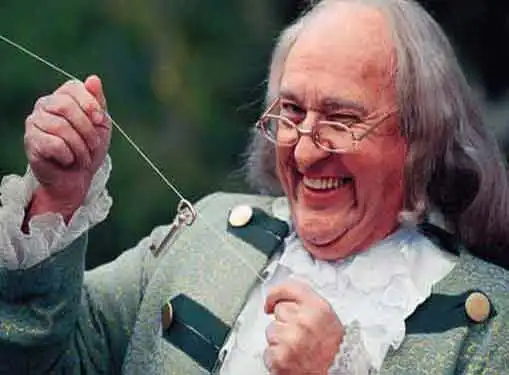Advice for Scientist Entrepreneurs
Getting Inventorship Right
Written by Tamsen Valoir, PhD for Gaebler Ventures
Patent laws require that you get inventorship right. Get it wrong and you can lose the patent. Here are some simple ways to avoid making a mistake in the naming of inventors.
Inventorship has a strict legal meaning in US law and it is critical that the correct inventors be named on a patent application.

Falsifying the inventors can result in that patent being unenforceable and therefore worthless!
Further, inventorship is NOT the same as authorship, NOR is it the same as leadership.
Determining inventorship is quite tricky, but simply explained it is based on contributing to the "conception" of the invention. In other words, the inventor is the person or persons who had a "definite and firm idea" of the invention, and the "invention" is defined with reference to the actual patent claims.
Occasionally, in less predictable fields (like biology and medicine), it isn't possible to have a sufficient conception until the invention is reduced to practice, and thus the inventors would also include the person who actually "made" the product. This might be true, for example, in cloning a new gene.
To ensure that a company gets the inventorship correct, the inventorship of each claim should be discussed at monthly patent meeting once the application is drafted. Each person who believes they invented a claim, or a part thereof, should circle that part of the claim and present their proof of conception—ideally a witnessed notebook or meeting notes.
With this information, patent counsel can ensure that the correct inventors are named on the patent application.
More Tips for Scientist Entrepreneurs
To learn more about how to bring a product out of the laboratory and transition from the role of scientist to that of entrepreneur, please browse the rest of the tips for science entrepreneurs in this article series:
- Transitioning from Science to Sale - We introduce our 10 tips for entrepreneurial scientists who want to take their science to market.
- 1. Getting it in Writing - Before you get too far along in the process, it's imperative that you put together written contracts that define ownership rights, confidentiality and other important obligations and understandings.
- 2. Cultivating A Culture of Invention - Encouraging invention is the first step to creating valuable intellectual property. We look at what organizations must do in order to motivate employees to create proprietary science and apply for patents.
- 3. Getting Inventorship Right - Patent laws require that you get inventorship right. Get it wrong and you can lose the patent. Here are some simple ways to avoid making a mistake in the naming of inventors.
- 4. Using Hardbound Notebooks - Your lab notebook could end up being used as evidence to invalidate your patent claim. We discuss the proper use of hardbound lab notebooks to ensure proper IP protection.
- 5. Planning a Patent Strategy - Filing patents can be an intimidating endeavor, but there are some best practices for scientist entrepreneurs that you ought to know about.
- 6. Planning an FDA Strategy - Knowing these tips for getting FDA approval will come in handy if you are working on new drugs or medical devices.
- 7. Loosening the Reins - You can't do it all. Scientists entrepreneurs must know when to transition leadership and when it's time to bring in the pros.
- 8. Stirring Public Interest - Promoting your science before you commercialize can smooth the road to funding...but there are a few mistakes you can make if you are not careful.
- 9. Financing the Company - It takes money to make money. Here are a few things to know about the funding process.
- 10. Preparing for Due Diligence - Due diligence involves intense scrutiny of all of your documents. It's critical to keep your documents well-organized and readily accessible.
Tamsen Valoir, PhD is a partner in the Houston office of Baker & McKenzie, LLP. She has a JD and LLM in Intellectual Property, a doctorate in molecular biology from Rice University, and her practice is primarily in intellectual property in the life sciences. As a leading Houston patent attorney, she can assist scientists with patent preparation and prosecution, opinion writing, IP due diligence and licensing in the life sciences. She can be reached at [email protected] or by phone at (713) 427-5007.
Share this article
Additional Resources for Entrepreneurs


Conversation Board
What's your take on these tips for scientist entrepreneurs? Do you have additional questions concerning inventorship? We welcome all comments, questions and suggestions.